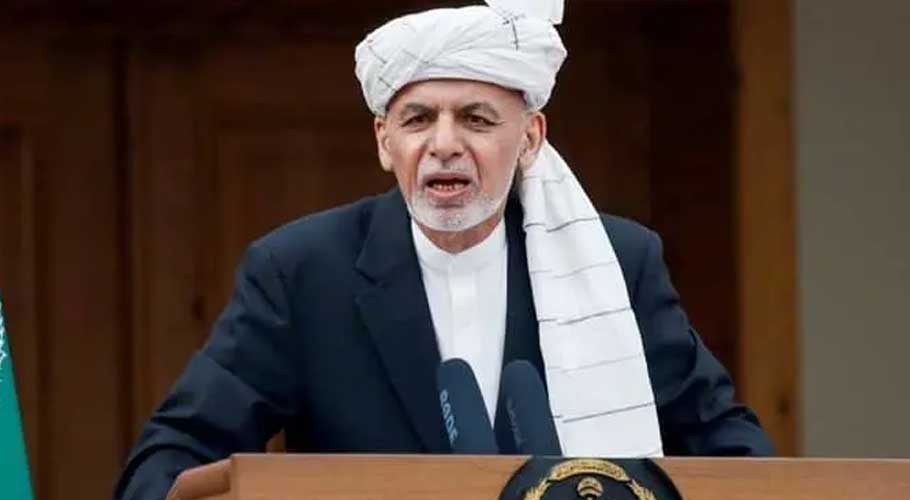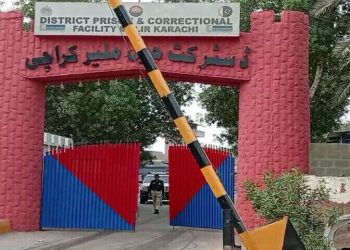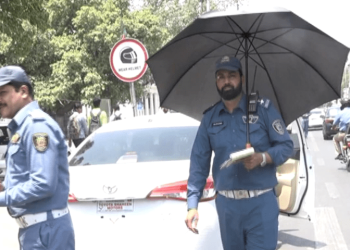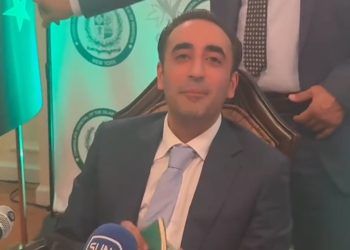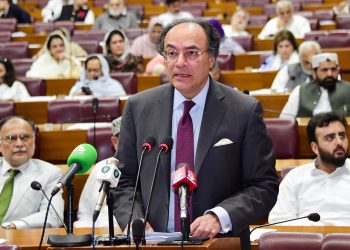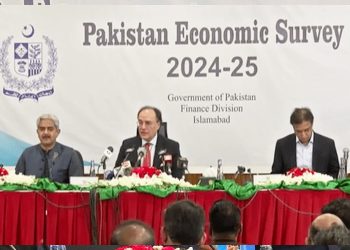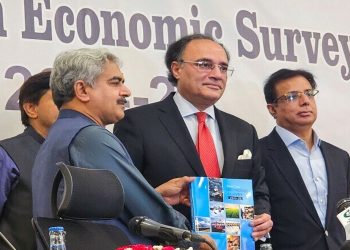LONDON: Former Afghan president Ashraf Ghani described fleeing the Taliban’s victory march on Kabul, saying the decision had been taken in “minutes” and that he did not know he was leaving the country until he was taking off.
Ashraf Ghani revealed that when he woke up on 15 August he had “no inkling” it would be his last day in Afghanistan. It was only when his plane left Kabul that he realised he was going, Ghani told BBC Radio 4’s Today programme.
“If I take a stand they will all be killed, and they were not capable of defending me,” Ghani said in the interview, conducted by former UK chief of defence staff, General Nick Carter.
According to the former Afghan president, his national security adviser, Hamdullah Mohib, was ‘literally terrified’. “He did not give me more than two minutes,” he said, adding that his instructions had originally been to fly by helicopter to southeastern Khost city.
“However, Khost had fallen in the Taliban’s lightning offensive which saw provincial capitals topple around the country in the days ahead of the withdrawal of international forces, set for the end of August. The eastern city of Jalalabad, on the border with Pakistan, had also fallen,” he added.
He continued, “I did not know where we will go. Only when we took off did it become clear that we were leaving.” Ghani has been in the United Arab Emirates ever since.
He has been highly criticised in Afghanistan for leaving, with Afghans now trapped under the Taliban’s harsh rule accusing him of abandoning them — and of taking millions of dollars in cash, a claim he “categorically” denied again.
He said again that his first concern had been to prevent brutal street fighting in the capital, already packed with tens of thousands of refugees fleeing violence elsewhere in the country. Ghani said his decision to leave was “the hardest thing”.
“I had to sacrifice myself in order to save Kabul and to expose the situation for what it is: a violent coup, not a political agreement,” he added.
However, he said, even if he’d stayed he could not have changed the outcome, which has seen the Taliban establish their new regime as the country faces one of the worst humanitarian crises in history.







